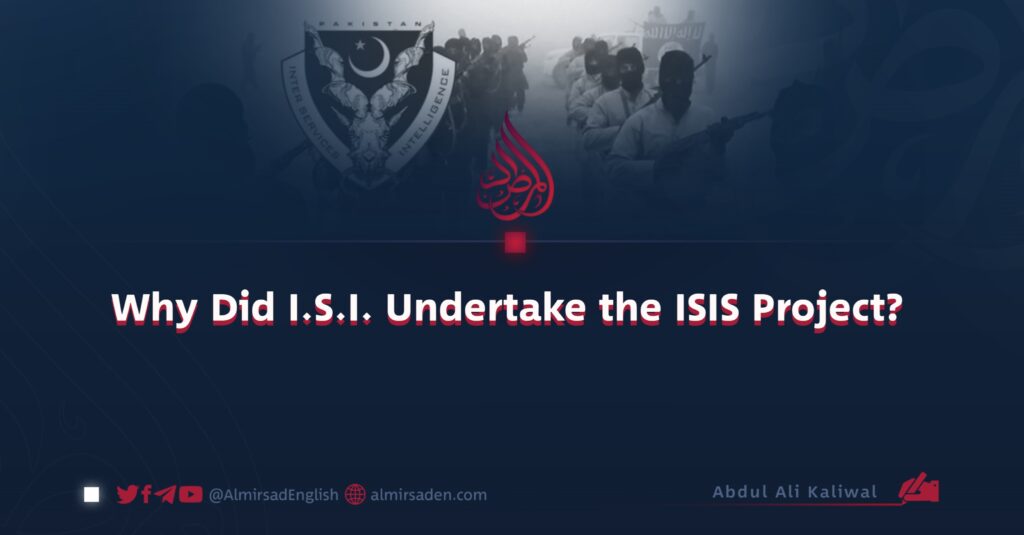Written by: Abdul Ali Kaliwal
The intelligence agency ISI has undertaken the responsibility of implementing the Daesh (ISIS) project in South Asia. This is a well-established and indisputable fact that cannot be denied, and all political experts worldwide acknowledge this reality.
The question arises: why did the I.S.I. agency choose to take on this responsibility? Especially considering that the country affiliated with I.S.I. is a member of the United Nations Security Council, and the Daesh project is regarded as a global security threat. Despite this, the affiliated country claims to adhere to all Security Council resolutions, yet its involvement in the Daesh project is as clear as day.
Another question to consider is whether the country affiliated with I.S.I. possesses such significant power that it can contravene Security Council resolutions with impunity?
A prevalent inference from international media analysis suggests that the country affiliated with I.S.I. is grappling with severe economic challenges, compelling it to harbor Daesh operatives in its region and engage in the Daesh project in exchange for financial gain.
Reports indicate that the country’s economic condition is so dire that it struggles to pay its officials’ salaries promptly, as well as procure essential resources such as fuel required for governmental operations. It faces numerous analogous economic vulnerabilities.
Numerous investors annually depart from the country affiliated with I.S.I. due to security concerns. Projects and terrorist organizations that pose risks to global security threaten trade, the economy, and investors within that nation.
ISI accommodates Daesh and other intelligence agencies in exchange for financial compensation as it lacks alternative means to manage its government functions to some extent. This compels it to breach United Nations and other international statutes, resulting in regional instability for which I.S.I. is held responsible.
In essence, the country violates international statutes out of necessity by harboring projects that destabilize the region. The responsibility squarely rests with them. Consequently, neighboring nations may revoke their agreements with the country associated with I.S.I., potentially jeopardizing the agency.
